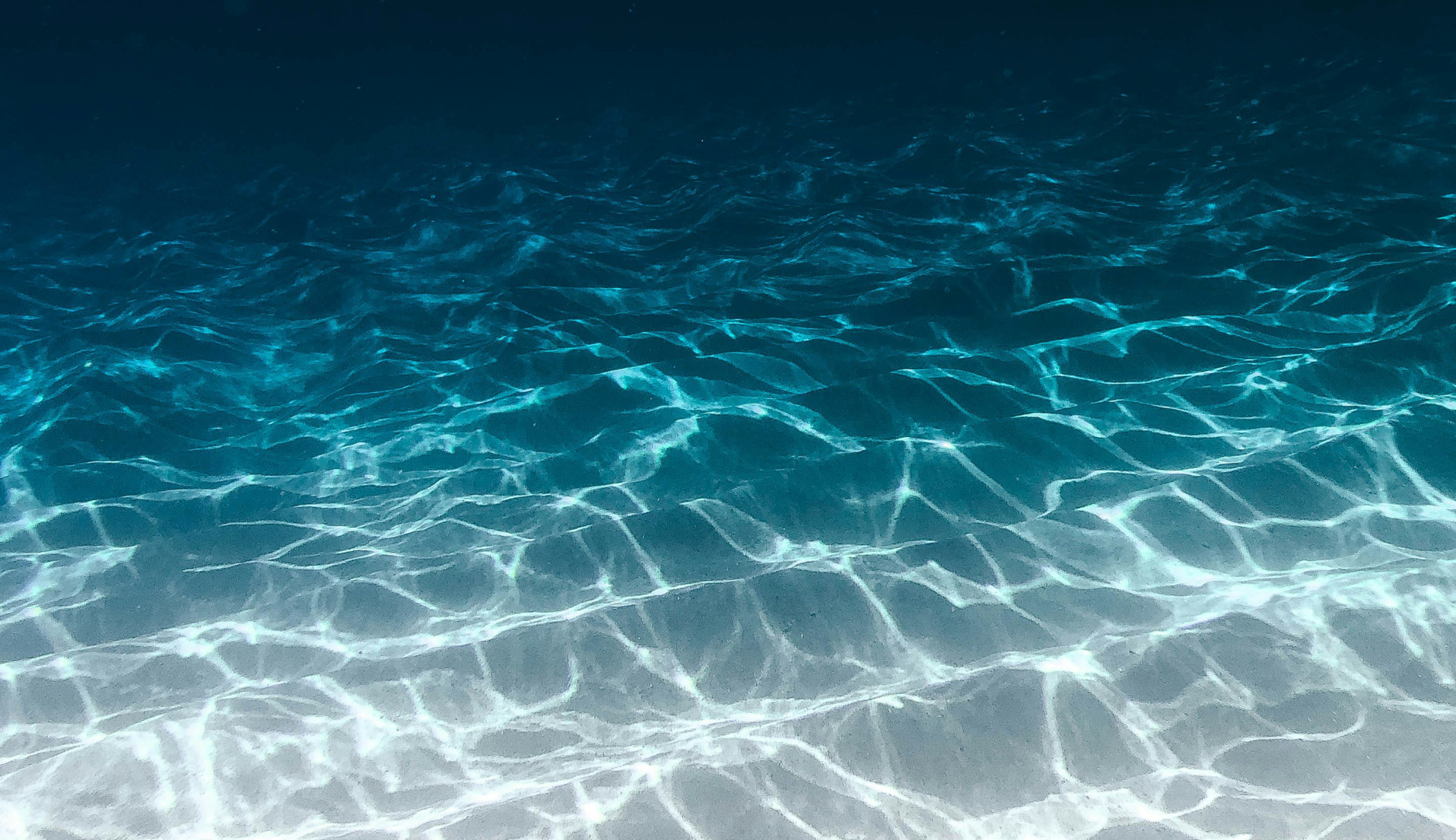Our plan to protect the oceans
As UNOC draws to a close, Volt is sounding the alarm over the health of our marine ecosystems.

From 9 to 13 June, Nice is hosting the United Nations Ocean Conference (UNOC). At a time when the appetite for the potential exploitation of the deep sea is growing, and overfishing shows no sign of slowing, this is a unique opportunity to shift our mindset. We must stop viewing the ocean as a mere source of resources and instead recognise it as one of humanity’s greatest common goods – essential for the proper functioning of our planet. Without swift and decisive action, the planet's largest natural space risks becoming a graveyard.
Indeed, human activity is accelerating the deterioration of this natural space, which plays a crucial role in biodiversity, climate, and human health. One of the main scourges is out-of-control plastic pollution: between 19 and 23 million tonnes of plastics enter the planet’s waters each year, much of which ends up in the sea. By 2050, our oceans could contain more plastic than fish. Amongst this plastic, microplastics can be found, which enter the food chain and degrade global public health.
At the same time, overfishing and illegal fishing are depleting fish stocks: since 1950, global catches have more than quadrupled. This excessive harvesting leaves fish populations with little chance to recover, worsened by the widespread use of fine-mesh nets that indiscriminately trap juvenile fish.
Oceans also play a vital role in regulating the climate, absorbing around 90% of the excess heat generated by the greenhouse effect. As a result, ocean temperatures are steadily rising, leading to more and more extreme weather events: droughts, floods, severe hailstorms, and the emergence of tornadoes.
Added to this are other problems resulting from ocean acidification, the consequences of potential deep-sea mining, chemical pollution from industry and shipping, and overtourism.
Faced with this deeply concerning situation, Volt calls on countries around the world – particularly those in Europe – to step up urgently. To this end, we propose five key areas for action:
Building a new paradigm for ocean use
Make ocean protection a default rule, with all exploitation strictly governed by the precautionary principle as defined in the Rio Declaration (1992).
Adapt competition law in the fishing and shipping sectors so as to hold European companies accountable for activities that threaten the replenishment of marine species, and to encourage sustainable fishing practices. Work towards frameworks of global accountability.
Strengthening the EU’s role in international marine protection diplomacy
Commit to being an ambassador for planetary ocean health beyond the Nice summit.
Active participation by EU Member States in the United Nations Environment Programme, particularly on maritime affairs.
Strengthen cooperation with countries outside the EU that are ahead of the curve on maritime and environmental issues.
Combating illegal and unsustainable fishing
Rally a sufficient number of states to effectively implement the WTO Agreement to end subsidies that encourage illegal, unreported, and unregulated fishing, as well as overfishing.
Ban electric fishing nets and other destructive deep-sea fishing techniques.
Encourage research and development of biodegradable fishing nets in Europe.
Roll out a transition plan for European fishing fleets to phase out bottom trawling and its industrial version (demersal seining) by 2030, shifting jobs towards sustainable aquaculture while protecting Europe’s food security.
Equip monitoring bodies, especially in order to ensure the safety of observers, and improve the traceability and transparency of fishing activities.
Introducing protective governance for marine areas
Expand Marine Protected Areas, with a target of protecting 30% of European waters, of which a third would be under ‘strict protection’.
Place spawning and fish nursery areas under strict protection.
Reform international ocean governance to eventually establish a single, legally binding regulatory authority.
Implement a system that identifies and tracks fishing gear to prevent and detect pollution, abandonment, loss, and dumping at sea.
Incentivise the construction of greener cruise ships and encourage ports to phase out the docking of mega-cruise ships in European ports.
Promote the development of a European maritime law that prioritises environmental protection.
Ensuring economic transition and sustainable financing
Build a European market for ship recycling, from construction to end-of-life based on the logic of a circular economy.
Encourage the development of "blue finance" to support sustainable projects related to ocean protection and marine biodiversity.
Adapted from an article by Volt France, published 8 June 2025.